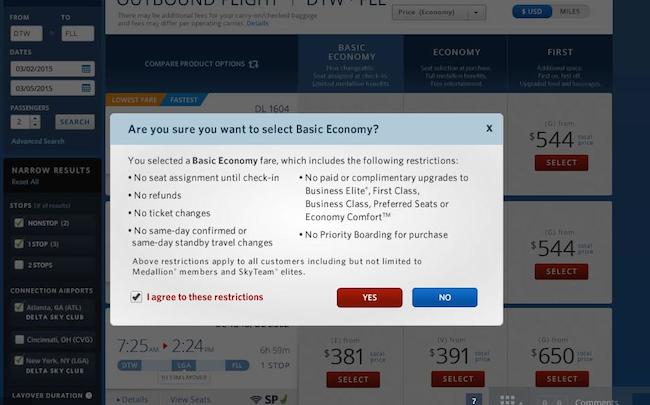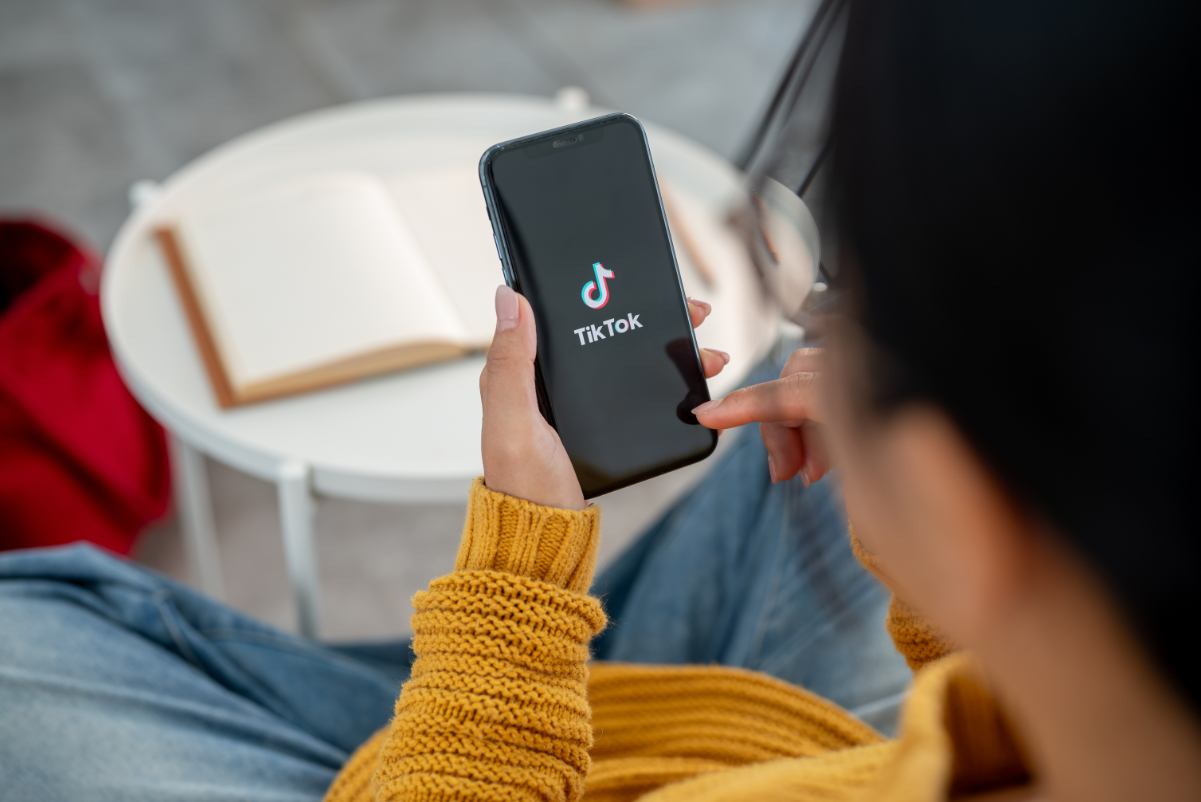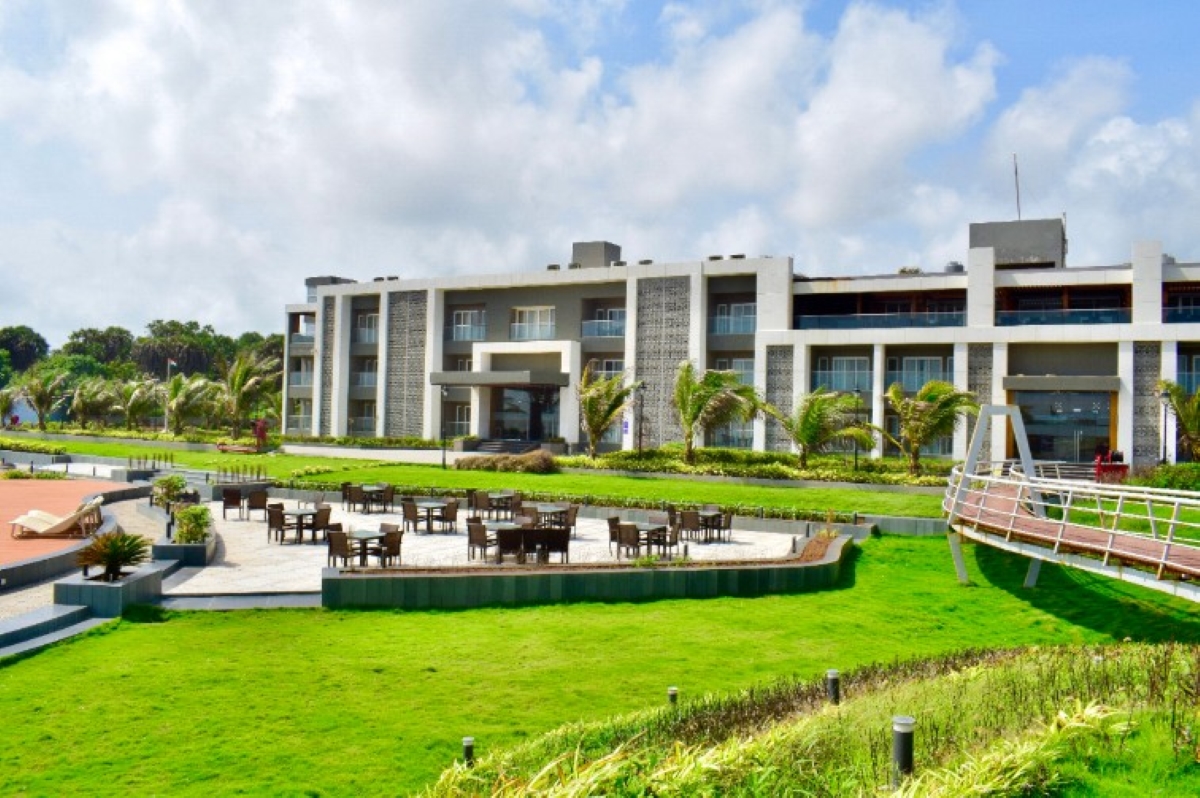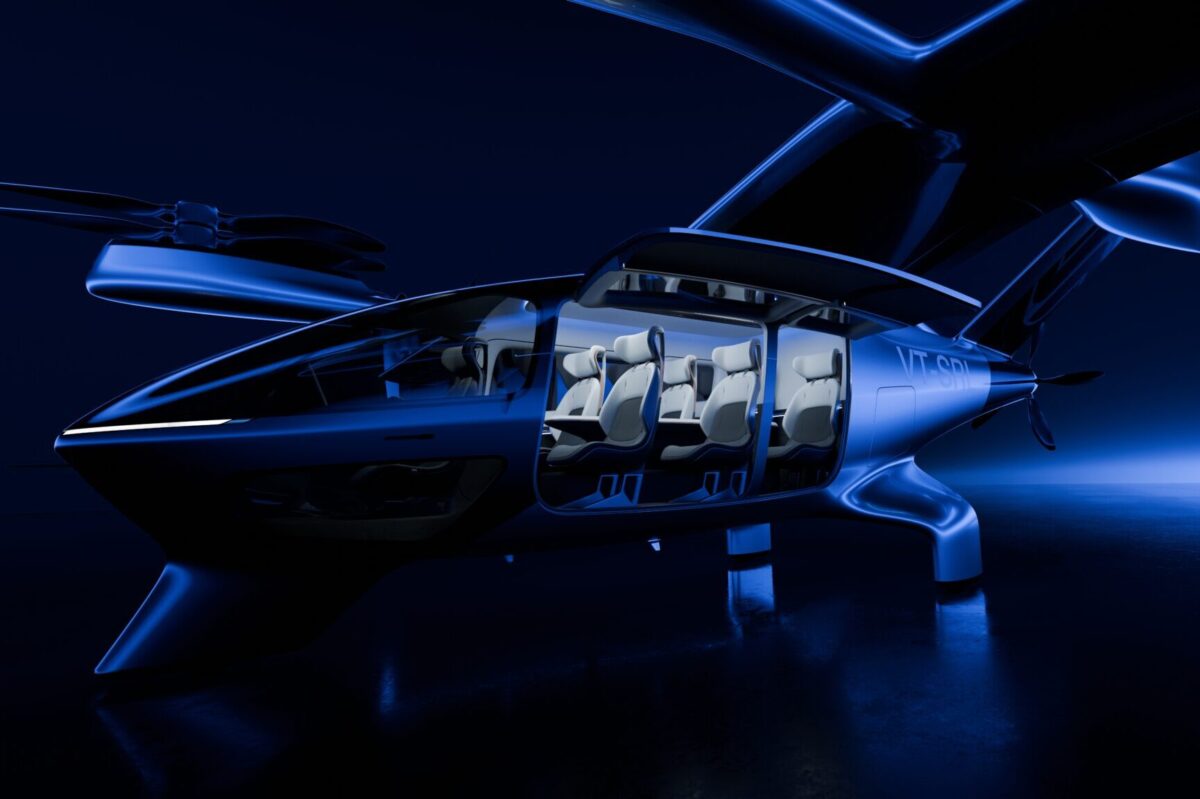Delta Will Try to Out-Spirit Spirit Air with New Cheap Fare
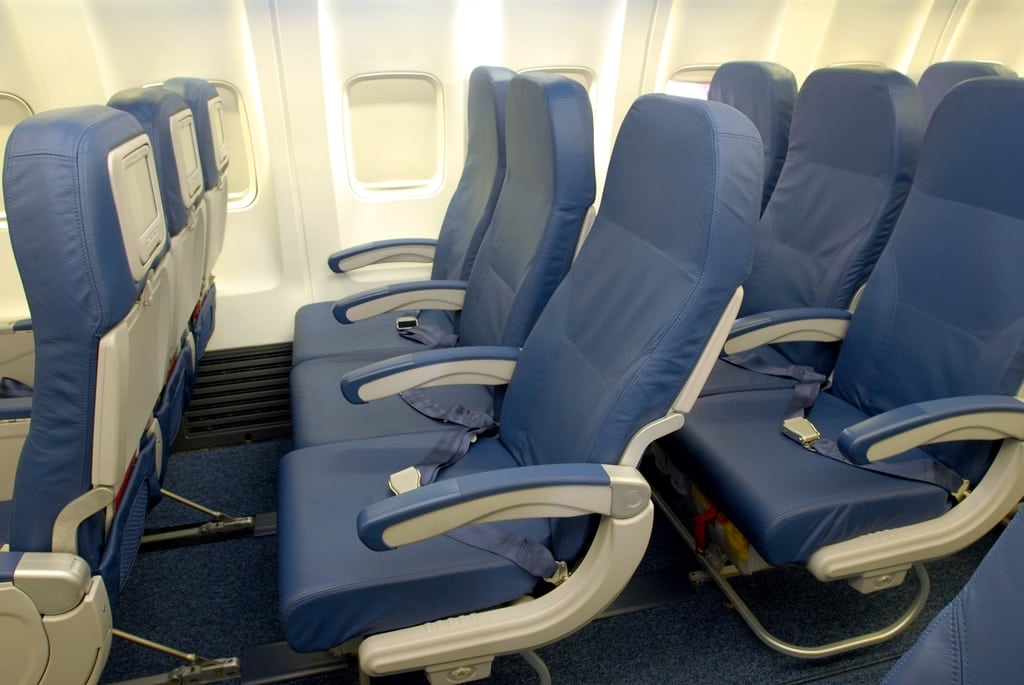
Skift Take
Delta introduced a Basic Economy fare more than two years ago to compete against Spirit and other ultra-low-cost carriers, but earlier this month Delta quietly introduced changes to the fare that will eliminate almost everything but the seat, seatbelt and snacks.
The fare already comes without advance seat assignments, free checked bags, and corporate recognition benefits, and passengers purchasing this "E" fare class board the plane last, which limits access to overhead bins.
But, after studying passenger behavior and its own financials, no doubt, over the last couple of years, Delta this month quietly tweaked the Basic Economy fare for travel beginning February 1, 2015, and eliminated existing attributes, including complimentary and paid upgrades, same-day confirmed and same-day standby flights, and the ability to purchase priority boarding.
No worries, though. Basic Economy fare passengers can still use power outlets and seatback entertainment, when available, Delta states.
The Basic Economy fare is geared for no-frills-oriented leisure travelers -- the type who fly Spirit, Frontier, and Allegiant -- so the elimination of some of the upgrade options and the ability to make same-day changes will likely dissuade any business travelers from buying tickets for this rock-bottom fare class.
Delta is expected to announce additional changes to its ancillary services and unbundling options in December, when it conducts an investors' day. In the third quarter, Delta's merchandising and ancillary services revenue stood at $290 million.
Speaking during Delta's third quarter earnings call October 16, Glen Hauenstein, executive vice president for network planning and revenue management, said Delta needs to have "sub-brands," or products, within the Delta "master brand" to enable the airline to compete against other carriers for economy, economy plus, and premier-minded customers.
That's where the changes to the Basic Economy fare come in.
Hauenstein said Delta needs a best-in-class Basic Economy product to compete against Spirit. This fare, he said, enables passengers to forego some of the amenities they don't need, and they can add them later (although for now there are limitations on what can be added).
Delta has messaging on its website to ensure that passengers purchasing Basic Economy fares know what they are getting -- and not getting -- and they have to check off a box indicating that they know what they are buying.
For an Atlanta to Fort Lauderdale flight February 2 to February 5, 2015, Delta's lowest Basic Economy fare offered today was $196.20, including taxes and fees, and Spirit's was $156.18.
Delta only offers the Basic Economy fare on fewer than two dozen routes, which are subject to change, and these include routes such as Atlanta to Fort Lauderdale, West Palm Beach and Austin; Detroit to Fort Lauderdale, Orlando and Tampa, and Minneapolis/St. Paul to Las Vegas, Fort Lauderdale and Fort Myers, many of which coincide with Spirit, Frontier and Allegiant itineraries.
Delta thus is fashioning itself as a low-cost carrier within the "master brand" and a business-class airline to road warriors.
Spirit Airlines believes that Delta's move doesn't really provide much competition, but is a tacit endorsement of Spirit's business model. Spirit spokesperson Paul Berry states:
"Air travelers overwhelmingly say “price” is the number one reason they choose an airline, and that’s what we are 100% focused on -- getting customers the best possible price from A to B safely. Based on DOT data, our Bare Fare is the lowest fare in the industry, allowing more people the ability to travel. Additionally, the Bare Fare is offered on all of our seats. Delta’s new economy fare is route and seat-limited -- their main focus appears to still be on the corporate business traveler, which is not where Spirit is focused.
"Like all large network carriers, Delta has offered limited available seats at lower fares for a long time. Now, they are tacking on additional fees to these fares as opposed to offering Spirit’s Bare Fare idea. So this really isn’t competition for us, but it is an acknowledgement of the Spirit Airlines business model and the fact that consumers choose an airline (overwhelmingly) based on the price of the air fare. Since we introduced the Ultra-Low-Cost Carrier model to the Americas, we’ve offered the lowest total price for air travel and consumers have taken notice and filled our planes. We have said from the beginning the Spirit model would change the industry. Over the last few years many airlines have slowly started adopting many of the features of our Bare Fare, but because we have significantly lower unit costs, they can’t come close to matching our price without sacrificing their profitability."
Delta is also reconfiguring many of its aircraft, including 757-200s, for example, to offer a standard number of seats, 199, and in some cases that means increasing the number of seats on the planes.
A Delta spokesperson insists, however, that despite the increased number of seats, the basic seat pitch in Economy, which ranges from 30-31 inches, won't change.
In other Delta news, CEO Richard Anderson said he's confident that the U.S. government will get its response right to the Ebola outbreak, adding that the Centers for Disease Control has done a good job. He noted that the CDC director has acknowledged the CDC made a mistake by allowing a healthcare worker -- who is now being treated for Ebola in Altanta -- to board a Frontier flight.
Other Delta officials said the airline has experience in dealing with communicable diseases, is taking steps to disinfect every flight, and they debunked reports that pilots and flight attendants are bidding to swap flights so they don't have to fly to the three West Africa countries most impacted by Ebola.

